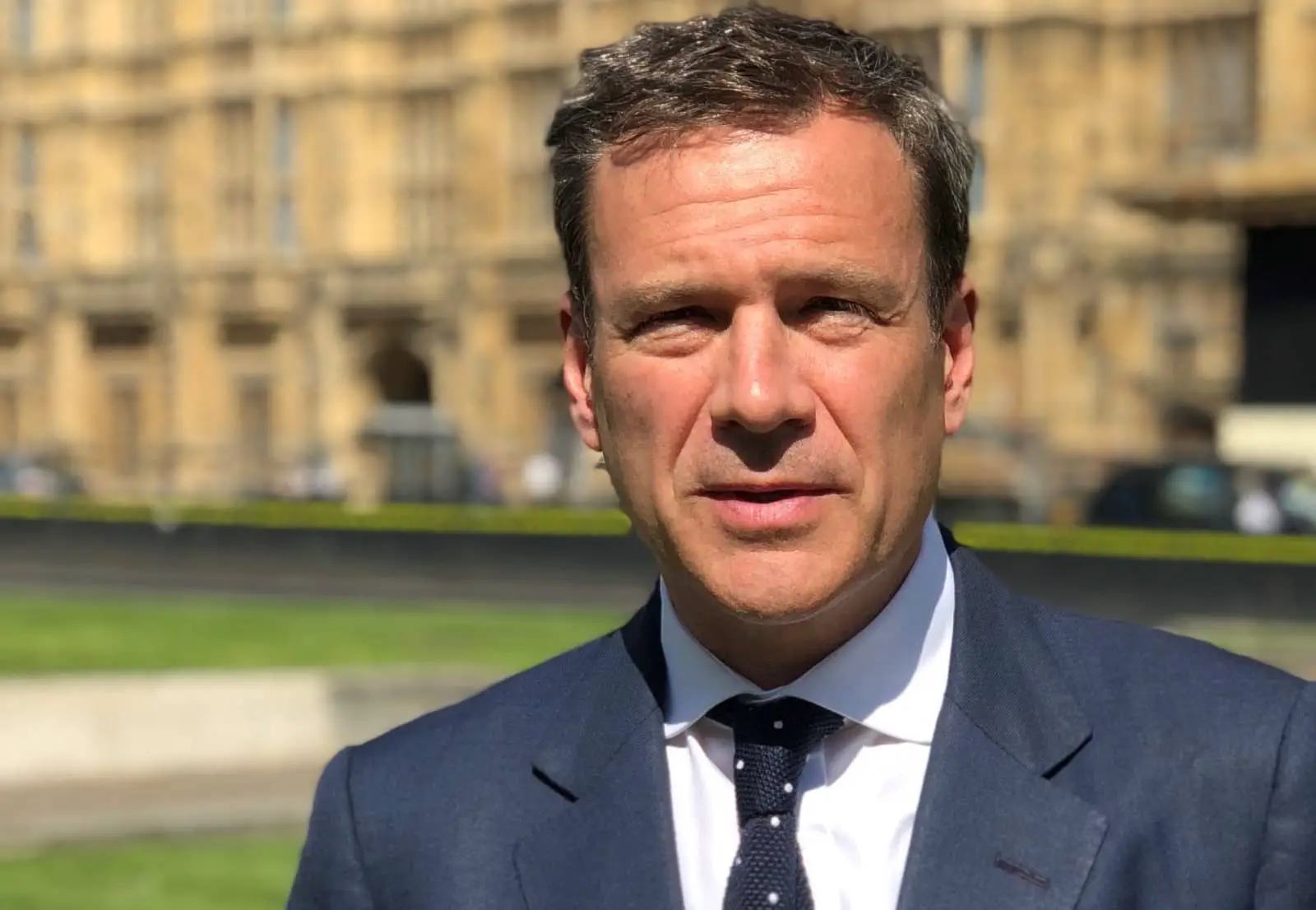Isle of Wight Conservative MP, Bob Seely, is one of several MPs with his name attached to amendments to the Levelling-up and Regeneration Bill.
There are 17 amendments to the Bill that Seely is supporting, as set out in the paper below. We’ve picked out below some that might strike a chord with those living on the Isle of Wight.
Removing presumption in favour of sustainable development
Highlights include removing presumption in favour of sustainable development where there are no relevant development plan policies, or such policies are out-of-date.
Draft Island Planning Strategy rejected
The Isle of Wight planning authority is currently working under presumption in favour of sustainable development due to there being no Island Planning Strategy in place.
The draft Island Planning Strategy was voted upon on Wednesday evening at the Isle of Wight council’s extraordinary full council meeting and the motion to approve the plan fell with 18 votes against and 16 in favour.
Character and performance
Another amendment to the Bill that Seely supports is for planning authorities “to have regard to an applicant’s character and prior record of engagement and delivery in dealing with an application for planning permission”.
We read this is a move to avoid planning permission being granted to developers who consistently don’t comply with planning rules or conditions.
Reduce from two years to one
Another clause Seely is keen to see accepted to the Bill is for permission to limit the start of the development from two years to one, and to remove provisions “which define demolition, trench digging or laying underground pipes or foundations as the start of development”.
Second or holiday homes
Among the amendments is one that allows for planning permission to be required to convert a primary residence to a second home or holiday let.
This is something that the Alliance administration at Isle of Wight council included in their draft Island Planning Strategy.
Council tax penalty for late completion
In an attempt to ensure developments are completed, another amendment to the Bill is “Council tax to be payable on undeveloped sites for which planning permission granted”.
This new clause would make uncompleted dwellings subject to council tax from the day that planning permission required them to be completed.
Incentivising brownfield over greenfield development
In a move to encourage more brownfield development, amendments suggest a greenfield tax, as well as zero VAT for brownfield developments.
It also calls for a high degree of variation in the Infrastructure Levy to be allowed to enable communities to value the loss of greenfield land depending on their local circumstances.
Making the housing market more efficient
A clause that would introduce measures to improve the efficiency of the housing market include:
- a stamp duty exemption to encourage elderly homeowners to downsize
- an additional stamp duty surcharge on purchases by person not resident in the UK
- a stamp duty surcharge on second home purchases
- a reduction in the highest rates of stamp duty
- measures to promote an active market in long-term fixed rate mortgages to encourage lending to first time buyers
Review powers of compulsory purchase
A clause that would require the Government to review powers of compulsory purchase and whether they are adequate to meet its levelling-up and regeneration objectives.
Protection of trees and woodland
This new clause would make damage to trees or woodland in contravention of a tree preservation order an aggravated offence if it was committed for purposes connected to development or planning
See the paper below, embedded for your convenience, to see other amendments supported by Bob Seely. There are 17 in total.





